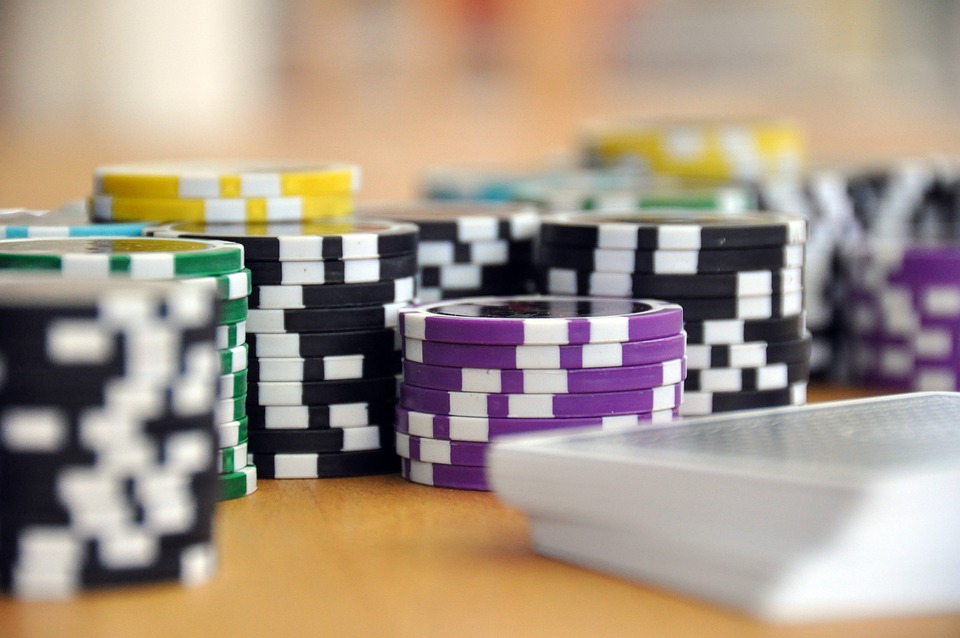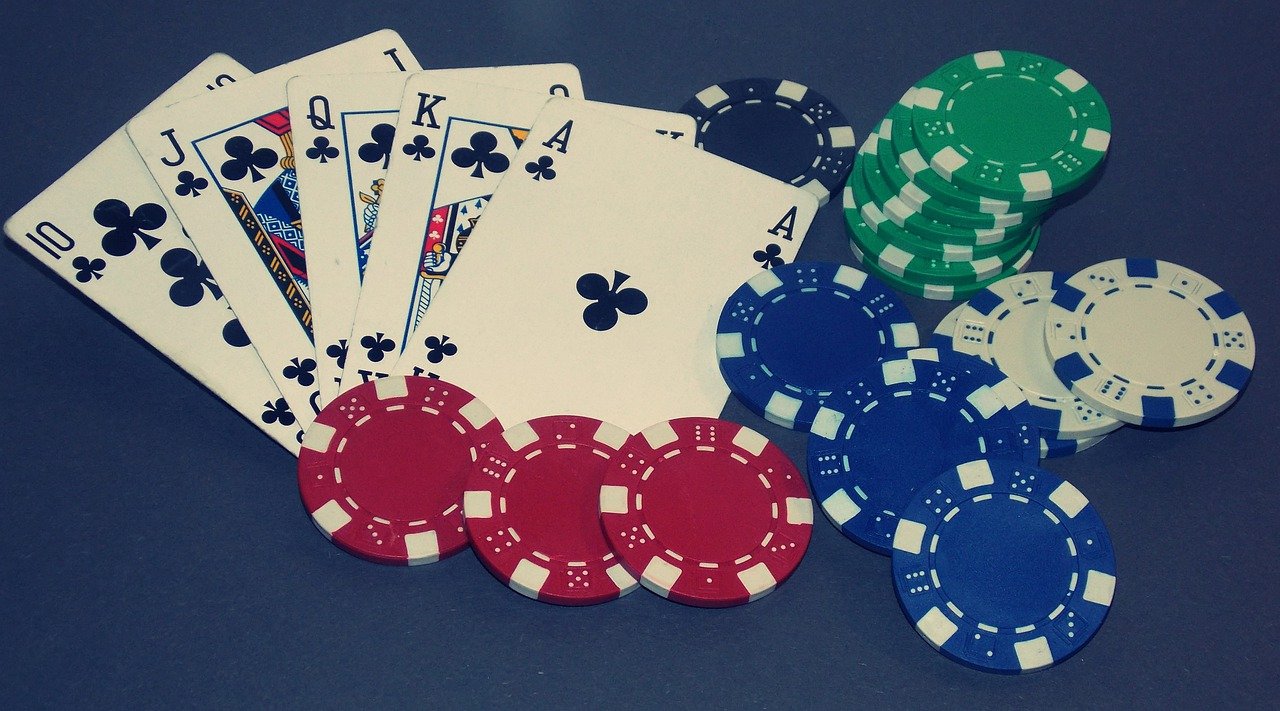The poker industry is massive, with it being one of the biggest casino games in the world. There are over 100 million players worldwide for online poker alone. Competitive poker is also huge, with high-stakes tournaments like the World Series of Poker being known in poker history. There are numerous reasons for poker’s widespread success. It appeals to many thanks to its skill floor and ceiling. A low floor means beginners can quickly learn to play poker, but a high ceiling means practice and skill is relevant throughout your poker journey.
Another reason is the sheer amount of variety poker offers. There are many poker variants with unique rulesets to keep you entertained when you get bored with regular Texas Holdem. Even in regular Texas Holdem, there are different ways to play the game. The two most popular forms of poker are cash games and tournaments. This article will look at tournaments, as they are often misunderstood and difficult to grasp for newer players. It will debunk common tournament myths and cover most tournament newbie mistakes.

Myth 1 – You must commit with a short stack
This is one of the players’ most prominent misconceptions when they are new to poker tournaments. Because of how tournaments work, the stack sizes vary much more than in cash games. That significantly impacts gameplay, so adapting your playstyle around your stack size is right. However, this common adaptation is not recommended all the time. Having a short stack size does not mean you cannot fold. Instead, you should consider other factors like fold equity and pot size, not entirely relying on your stack size to make your decisions.
Mistake 1 – Not understanding tournament structure
Tournaments are not cash games. Their structure is radically different, and this is something that can catch tournament beginners off guard. You usually start with a deep stack, like 100 or 200 big blinds. However, as the tournament progresses, the blinds and antes rise with each “level” and can quickly cause your stack to dwindle. It is important to be aware of this and change your playstyle accordingly, like playing less conservatively when you know the next level is close.
Myth 2 – Tournaments are games of pure luck
Many people have a misconception that poker is a game of chance, but it is not. Your skill impacts how much you win over time, which is not affected by luck since luck is only short-term. Even within the poker community, some people see poker tournaments as gambling. This is not entirely unfounded since tournaments have more variance than cash games due to their all-or-nothing nature, and you also have to win multiple times to see any money at all. However, this does not mean skill matters less in tournaments; many advanced tournament concepts and strategies are not present in cash games. While you will encounter more variance in tournaments, they are far from games of luck.

Mistake 2 – Playing to “stay alive”
This mistake is prevalent when the next bubble of the tournament is approaching. Many players just want to “survive” and make it to the next level of the tournament. That strategy does have its uses, but it should never be your primary goal. You should want to try and win, especially if your stack is decently large. Your opponents might see your overly defensive playstyle and try to exploit it, which can put you in a challenging scenario. The last thing you want is to get desperate when the blinds and antes increase, and you can no longer fold your way to the next level.
Myth 3 – Always play to win every hand
Some poker players focus too much on “playing to win” and throw away large stacks just to win a single hand. That is incredibly misguided, and a well-known saying directly contradicts it: “You cannot win a poker tournament on the first day; you can only lose it.” You are not there to win every hand, as that is impossible. You must consider what the pot is worth later on, as well as in the present. In a 1000-player tournament with a $100 buy-in and 1000 chip starting stack, there will be 1000000 chips in play. You are facing a 3000 chip pot and considering a 3000 all in on the river. Without a made hand, there is very little reason for you to go all in here. Yes, the 3000 pot is a lot right now, but you must consider its future value. The final table will be worth about 100000 chips, meaning the 3000 pot is inconsequential. You do not need this pot to win, but it can certainly make you lose if you commit too much.
The one time when playing to win every hand is justifiable is when you are close to the win. In the final tables, sometimes you can take serious risks to gain a chip lead, which is a significant advantage as it allows you to steal blinds and antes by having a deeper stack. It is vital to think your decisions through, especially when they involve this much money.
Mistake 3 – Not preparing your mental game
Poker tournaments are one of the most mentally challenging ways to play poker. The increased variance, all-or-nothing payment, scheduling, etc., can all take a massive toll on your mental state. It is essential to realize this and prepare for tournaments, as tilting can easily be your downfall. You must have patience and understand not even the best players are consistently cashing in all the time. You must also prepare for playing many games in a row without being able to come and go as you please, unlike in cash games.

Where to find the best online poker tournaments
We hope this article taught you a lot about tournament poker and its quirks. If you want to try them, you should play online poker on sites like GGPoker, the world’s largest poker room. They offer a wide variety of tournaments so everyone can find a style they like. GGPoker also has a built-in poker tracker and a heads-up display that is completely free for all its users. Sign up at GGPoker today!




